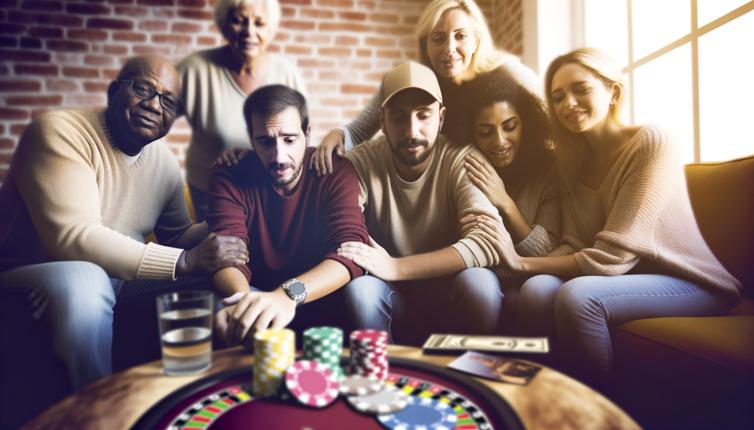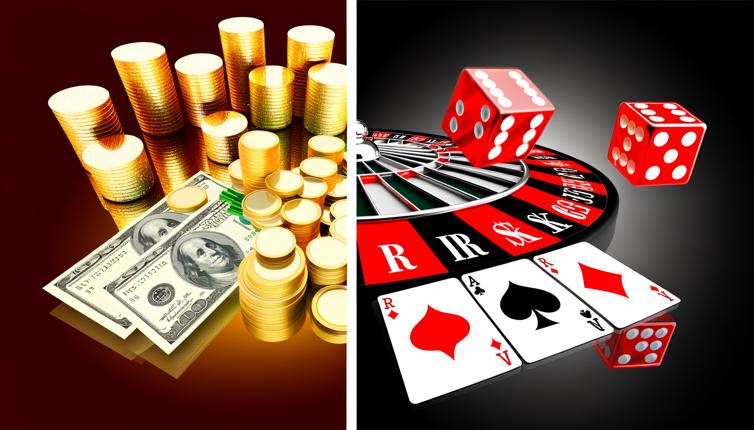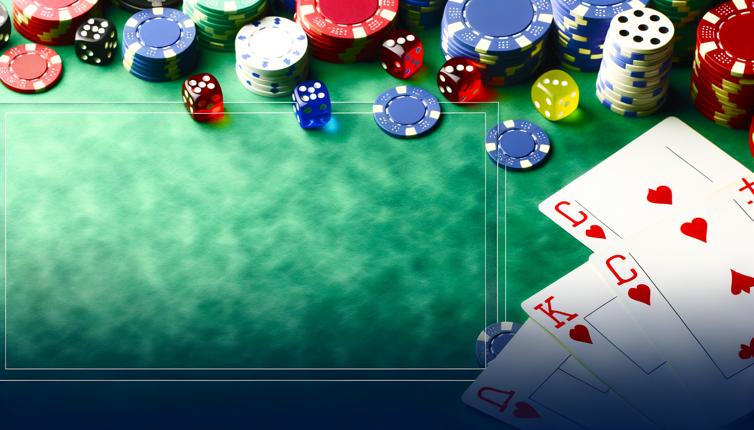Understanding Gambling Addiction
Gambling addiction is a behavioral disorder characterized by an inability to control or stop gambling despite the negative consequences. It is often associated with a compulsion to continuously engage in gambling activities, even when faced with financial ruin or strained personal relationships.,The causes of gambling addiction can be complex and vary from person to person. Some individuals may develop a gambling addiction as a result of genetic or biological factors, while others may develop it as a coping mechanism for dealing with stress or emotional trauma.,Recognizing the signs of gambling addiction is an important first step towards seeking help. Some common signs include a preoccupation with gambling, increasing bets over time, lying about gambling activities, and jeopardizing personal or professional relationships.,If you suspect that you or someone you know may have a gambling addiction, it is important to seek professional help. There are various treatment options available, including therapy, support groups, and medication.
Developing Healthy Habits
One of the key strategies for overcoming gambling addiction is to develop healthy habits and routines. This includes finding alternative activities to replace gambling and creating a structured daily schedule.,Engaging in physical exercise is a beneficial way to redirect your focus and release endorphins, which can help elevate your mood and reduce cravings. Consider joining a gym, taking up a new sport, or simply going for regular walks or runs.,Another important aspect of developing healthy habits is to establish a support network. Reach out to friends and family members who can provide emotional support and accountability. Additionally, consider joining a support group for individuals struggling with gambling addiction. These groups can offer guidance, encouragement, and a safe space to share experiences.,In order to create a structured daily schedule, it is important to set goals and prioritize your time. This can include setting aside specific times for activities such as work, exercise, socializing, and self-care. By sticking to a routine, you can minimize idle time and reduce the opportunity for impulsive gambling behaviors.
Managing Triggers and Cravings
Triggers and cravings are common challenges faced by individuals with gambling addiction. Triggers are external cues or situations that elicit the urge to gamble, while cravings are intense desires to engage in gambling activities.,Identifying and avoiding triggers is an important part of overcoming gambling addiction. Examples of triggers may include specific locations, individuals, or activities associated with gambling. By identifying these triggers, you can develop strategies to avoid or cope with them.,When faced with cravings, it can be helpful to distract yourself with alternative activities or engage in relaxation techniques such as deep breathing or meditation. It may also be beneficial to remove any access to gambling venues or online platforms.,If cravings persist or become overwhelming, it is important to reach out for support. Contact your therapist, support group, or a helpline specifically dedicated to gambling addiction for immediate assistance.
Financial Management
Gambling addiction often leads to financial difficulties, which can further exacerbate the problem. Taking control of your finances is an essential step towards recovering from gambling addiction.,Start by creating a budget and sticking to it. This includes tracking your income, expenses, and debts. Consider seeking assistance from a financial advisor or credit counselor to help you develop a realistic plan for paying off debts and managing your money effectively.,It may also be necessary to limit access to funds. Consider asking a trusted friend or family member to handle your finances temporarily or placing restrictions on your own accounts. This can help prevent impulsive gambling behaviors and enable you to regain control.,Additionally, it is important to avoid or minimize the temptation of easy access to credit cards or cash. Consider leaving your credit cards at home, carrying only a limited amount of cash, and utilizing payment methods that require additional steps, such as bank transfers or checks.
Conclusion
Overcoming gambling addiction requires effort, determination, and support. By understanding the nature of gambling addiction, developing healthy habits, managing triggers and cravings, and taking control of your finances, you can regain control of your life. Remember, seeking professional help is crucial in this journey. With the right strategies and support, it is possible to overcome gambling addiction and lead a fulfilling and balanced life.









